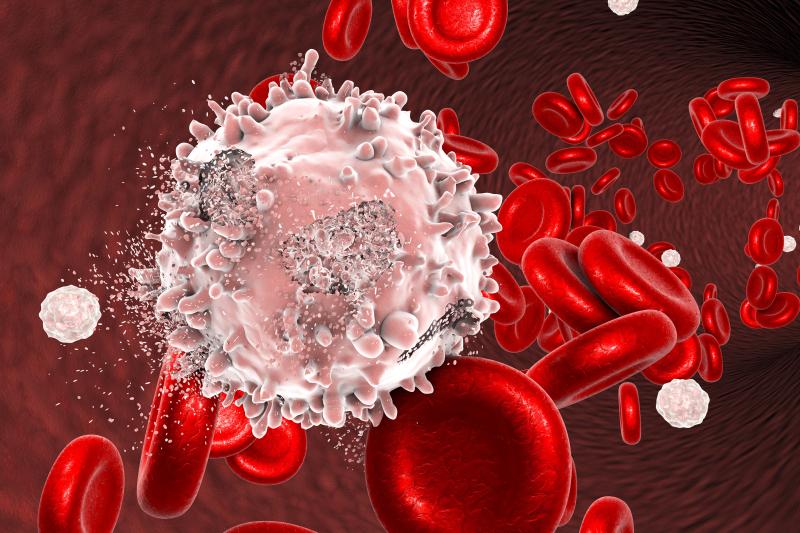
Once-weekly carfilzomib appears to be optimally beneficial for patients with relapsed and refractory multiple myeloma (RRMM) regardless of baseline disease characteristics, a recent study has shown.
Researchers conducted subgroup analyses of the phase III ARROW* study, enrolling 478 RRMM patients. Of these, 240 were given once-weekly Kd70 mg/m2 carfilzomib, while 238 were taking twice-weekly Kd27 mg/m2 doses. Outcomes included progression-free survival (PFS), overall response rate (ORR) and best overall response.
Subgroup analysis according to age found that the once-weekly dose conferred greater PFS in those <65 years of age (p=0.0024), as compared to the more frequent dosing. In both the 65–75-year and ≥75-year age groups, no dose was superior in terms of PFS. In comparison, ORR was significantly better with the once-weekly dose across all age groups.
A similar pattern was reported when analysis was conducted according to renal function. PFS was significantly better with the once-a-week dose across all renal function categories, except for creatinine clearance <50 mL/min, where both doses were comparable. ORR, on the other hand, was better with the less frequent dosing across all categories of renal function.
Once-weekly dosing of carfilzomib continued to be better than the twice-weekly doses when stratifying the participants for prior lines of therapy and refractory status to bortezomib, both in terms of PFS and ORR.
“Future studies evaluating the efficacy and safety of once-weekly Kd70 mg/m2 dosing relative to recommended triplet salvage regimens may further highlight the potential utility of once-weekly Kd70 mg/m2 in the RRMM treatment armamentarium,” the researcher said.
*Once-weekly Versus Twice-weekly Carfilzomib in Combination With Dexamethasone in Adults With Relapsed and Refractory Multiple Myeloma